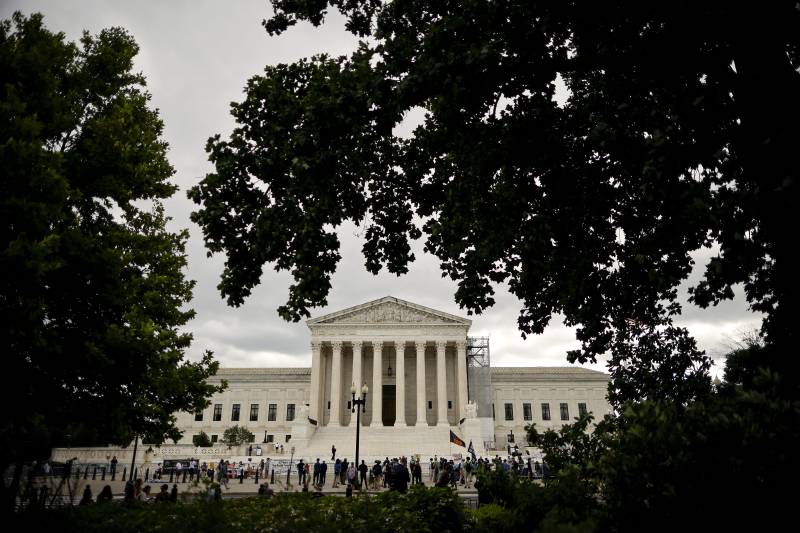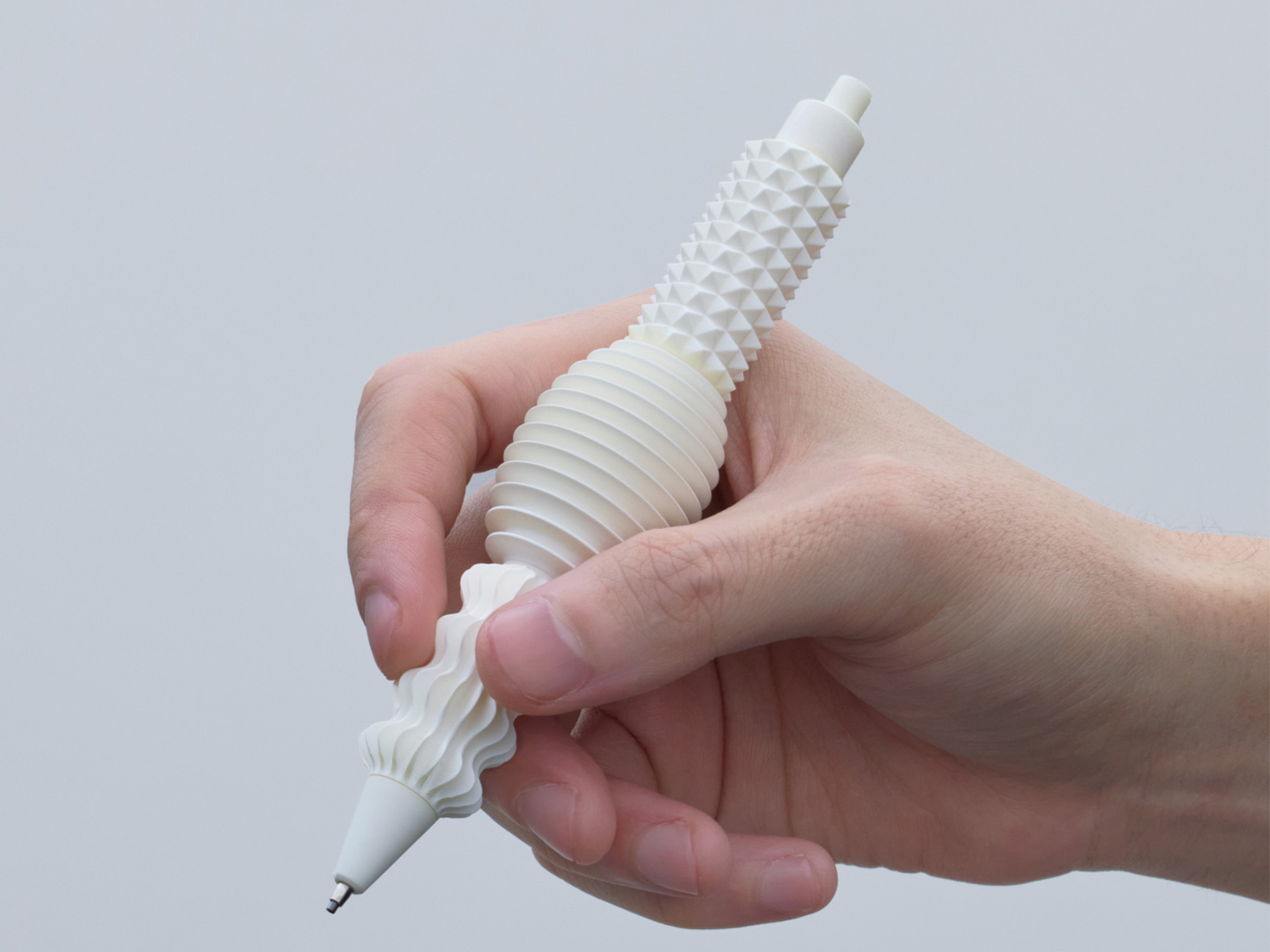New State Law Protects Personal Assets of Physicians from Malpractice
In my state, the government has really done doctors a solid, amending malpractice laws so they are less likely to lose personal assets. The post New State Law Protects Personal Assets of Physicians from Malpractice appeared first on The White Coat Investor - Investing & Personal Finance for Doctors.

 By Dr. Jim Dahle, WCI Founder
By Dr. Jim Dahle, WCI FounderLike many states, the Utah government is completely dominated by a single political party: in this case, it's the Republicans. That can sometimes result in the consideration and passage of some weird laws, but in 2025, the Utah legislature and governor have really done doctors a solid. They have amended Utah's malpractice laws in such a way that doctors are dramatically less likely to lose personal assets in a medical malpractice lawsuit.
While this is actually an extremely rare occurrence anyway (as noted in everything I've ever written about asset protection, including The White Coat Investor's Guide to Asset Protection), it is now nearly impossible for malpractice lawsuits in Utah.
Protection of Personal Assets for Physicians in Utah
Here is how the new law reads:
“A plaintiff may not pursue, collect, or execute on a judgment against an individual health care provider's personal income or assets, unless the court finds that:
(a) the provider's conduct was willful and malicious or intentionally fraudulent; or
(b) the defendant provider failed to maintain an insurance policy with a policy limit of at least $1,000,000.”
So, get your $1 million/$3 million policy (as most Utah doctors carry) and don't hurt anyone intentionally or fraudulently, and you're now playing this game only with “house money.” You're now truly only a defense witness for the insurance company if you get sued. You'll still be drug through the ringer for five years. You're still going to lose a few nights of sleep. You still may feel terrible about one of your patients who had a terrible outcome. But you're not going to lose your house, your non-retirement investments, your cars, and more, and you won't have to declare bankruptcy. At most, there will be a policy limits payout, and you'll be reported to the National Practitioner Database. If that happens a few times, you'll have a much harder time getting a job, but you no longer have to worry about losing everything you have worked so hard to obtain over decades.
A particularly nice side benefit of this law is that doctors in Utah will now feel more empowered to defend their good care. The incentive to settle is now dramatically lower for the doctor. Why settle if you're not going to lose your personal assets to some runaway malpractice verdict anyway? A settlement will be reported to the database just as much as a judgment. The only incentive to settle now is that you might be able to quit messing around with the case a couple of years earlier.
Previous plaintiffs and attorneys were not thrilled about the law, arguing that this, in effect, puts a $1 million cap on damages, even though the true economic damages might be far more than that. This is true, and it is really the biggest issue with using the adversarial legal system to compensate injured patients instead of a much better (but less profitable for attorneys) no-fault compensation system, such as the one that exists in Virginia for birth injuries. In that system, doctors in the state all pay into a fund annually (OBs pay a lot more) that is used to compensate the families of babies with neurologic injuries during birth.
What if a no-fault compensation system was how all injured patients were dealt with? It would be pretty awesome! Most malpractice isn't prosecuted, and most of what is prosecuted isn't malpractice. The whole current system is incredibly unfair to all involved.
More information here:
What (Not) to Do If You’re Sued — Lessons from an Expert Witness
What Else Did Utah's H.B. 503 Law Do?
This wasn't the only reform to the Utah malpractice laws. There were several other provisions in the bill.
No More Painting the Doctors as Rich
I thought this provision was interesting:
“(5) Prior to any award of damages to a plaintiff, a plaintiff may not make allegations that the court finds:
(a) are irrelevant to the adjudication of the claims at issue;
(b) are made primarily to coerce or induce settlement in an individual defendant provider; and
(c) pertain to a provider's personal income or assets.”
Basically, you can't tell the jury about the doctor's three houses until after a judgment is made, and you can't just make wild allegations to get a settlement. Seems reasonable.
Indexed Non-Economic Damages to Inflation
Utah used to have a $450,000 cap (originally $250,000) on non-economic (pain and suffering) damages, but it was never indexed to inflation. Now it is.
“78B-3-410. Limitation of award of noneconomic damages and economic damages in malpractice actions.
(1) In a malpractice action against a health care provider, an injured plaintiff may recover noneconomic losses Subject to Subsection (3), an injured plaintiff in a malpractice action against a health care provider may only recover noneconomic losses to compensate for pain, suffering, and inconvenience. The amount of damages awarded for noneconomic loss may not exceed . . .
(d) for a cause of action arising on or after May 15, 2010, $450,000.
(2)(a) Beginning July 1, 2002 and each July 1 thereafter until July 1, 2009, the limit for damages under Subsection (1)(c) shall be adjusted for inflation by the state treasurer Administrative Office of the Courts . . .
(3) As used in this section, ‘inflation' means the seasonally adjusted consumer price index for all urban consumers as published by the Bureau of Labor Statistics of the United States Department of Labor.”
Good for plaintiffs, bad for doctors. But I always think it's silly not to peg things like this to inflation. Interestingly, they didn't peg the $1 million malpractice requirement to inflation. It would be a pain to have that amount change every year, but adjusting it by $100,000 every five years wouldn't be so bad and seems more fair.
Plaintiffs Have to Pay Attorney Fees If the Pre-Litigation Panel Returns a Judgment of Non-Merit
In Utah, we have non-binding, pre-litigation panels. The plaintiff and their attorney have to take the case to a panel that includes an attorney; relevant, uninvolved healthcare providers (who have to serve or pay a $5,000 fine); and a responsible citizen to see if the case has merit before they can proceed with a lawsuit. Most of the time, the lawsuit is found to be non-meritorious and often just goes away at that point, especially if the attorney is experienced.
I suspect the attorneys sometimes use the panels to convince the plaintiff that they don't even really have a good case or, particularly in the case of inexperienced attorneys, just do it to “throw stuff at the wall to see if it sticks.” But the few times that the case is found to be meritorious, I suspect the doctor is far more likely to just settle at that point rather than go through more years of pain. As a new disincentive against frivolous lawsuits, the legislature now indicates that the plaintiff may have to pay the doctor's attorney fees if the case is non-meritorious.
“78B-3-418.5. Attorney fees.
(1) The court may award attorney fees and costs to a respondent provider if:
(a)(i) a prelitigation review panel renders an opinion under Subsection 78B-3-418(2)(a) that a claimant's claim or cause of action has no merit . . . and
(c) the court finds that the claimant did not substantially prevail.
(2) A claimant in a malpractice action against a health care provider, or the claimant's attorney, is liable to any respondent for the reasonable attorney fees and costs incurred by the respondent, or by the respondent's insurer, in connection with any filing, submission, panel review, arbitration, or judicial proceeding under this part for which a claimant files or submits an affidavit containing an allegation that the court or arbitrator finds that the claimant knew, or should have known, to be baseless or false at the time the affidavit was signed, filed, or submitted.”
There is now an additional disincentive even to call a pre-litigation panel and an additional way in which the doctor can fight back against bogus lawsuits. Defending a lawsuit can easily cost $100,000 or more in defense attorney fees, so now the plaintiff has some skin in the game, too. Yes, they might get a $1 million judgment, but they also might lose $100,000. Making baseless or false claims carries the same potential penalty.
The Pre-Litigation Panel Is No Longer Required
The pre-litigation panel USED to be mandatory, but no longer.
“(2)(a) A claimant may proceed to litigate and pursue a judicial remedy regardless of whether:
(i) the claimant has obtained or filed an affidavit of merit under this section;
(ii) a review panel deemed the claimant's claims to have merit; or
(iii) the claimant participated in a review panel.”
I don't know how much I like this, but given that there is now a potential penalty for the pre-litigation panel (attorney costs), I'm not sure why a plaintiff would bother. That's good in that I will have to serve on fewer of them (I've only had to be on one in 15 years) but probably bad in that fewer cases will end at the pre-litigation panel.
Utah's new malpractice law is much better now (and perhaps the best in the nation), although further improvement is, of course, possible. Hopefully, other states soon follow suit by eliminating the potential to lose personal assets.
As you accumulate wealth, you need a way to protect your assets. The White Coat Investor's Guide to Asset Protection gives you techniques you can use to safeguard your money while also providing the most comprehensive list of state-specific asset protection laws ever published. Pick up the Amazon best-selling book today and protect your wealth!
What do you think? What malpractice reforms do you think should be done? How has your state handled it?
The post New State Law Protects Personal Assets of Physicians from Malpractice appeared first on The White Coat Investor - Investing & Personal Finance for Doctors.

















_Tanapong_Sungkaew_via_Alamy.jpg?width=1280&auto=webp&quality=80&disable=upscale#)






















































